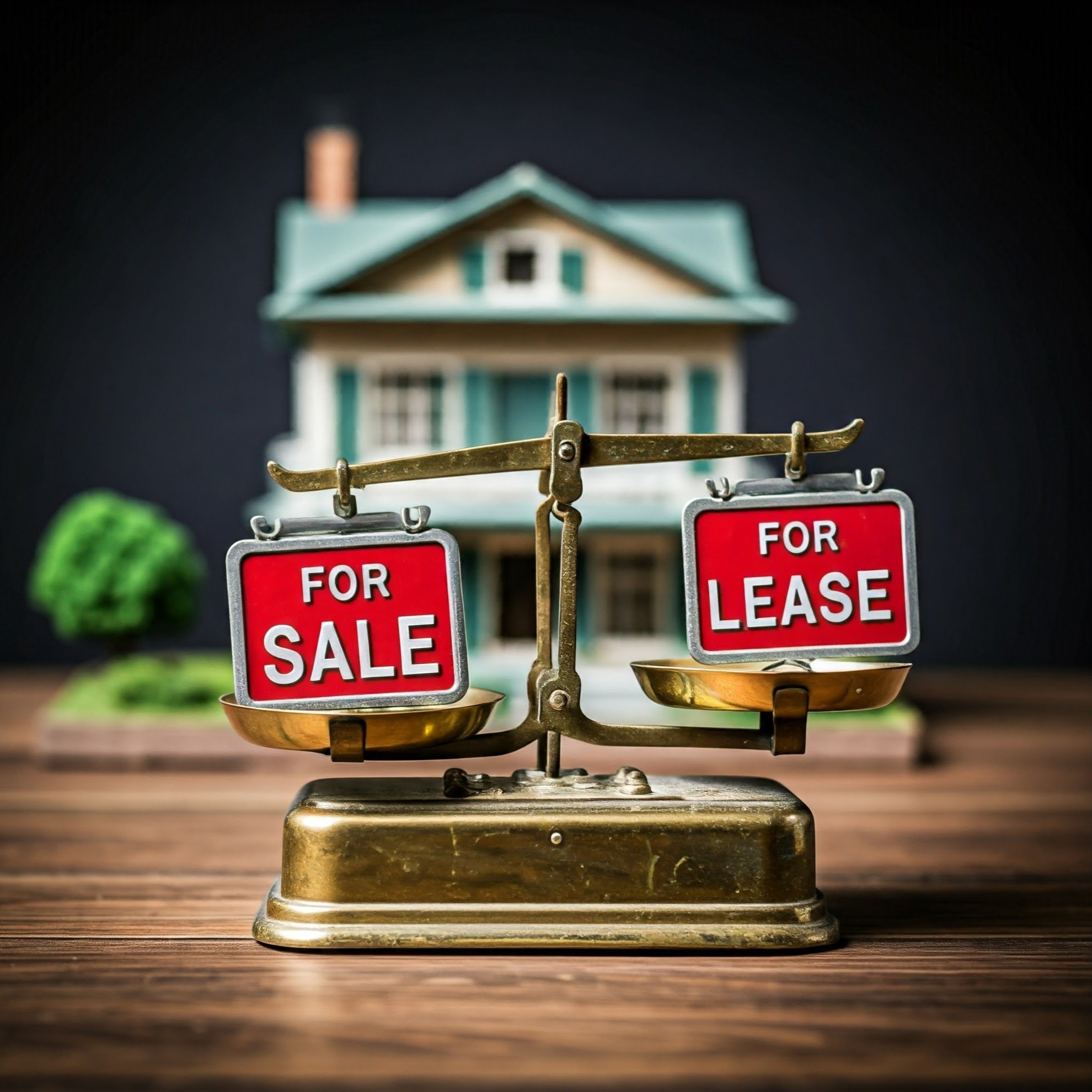Why Real Estate Investors Should Not Get Real Estate Licenses
I’m pleased that my friend, the investor and author Alan Corey, accepted my invitation to write a guest post for the blog. Below, he brings his straight talk and irreverent style to a question I get from clients all the time: is it useful to get a real estate license as a rental property investor? Because Alan is a licensed realtor himself, he has a better perspective on this common question than I do, and I’m grateful he was willing to share his insights for the blog!
As someone with 23 years of real estate investing experience and 10 years of realtor experience, I’m here to let you know that investors should not get a real estate license.
Avoiding the “license trap” is a huge step to becoming a successful real estate investor. You don’t want to waste your time, energy, and more importantly, your money chasing a real estate license instead of chasing a real estate deal.
Unfortunately, getting and then maintaining a real estate license is a common distraction and time-suck for many newer investors and we all know why this happens: investors falsely think a real estate license will save them big money on commissions.
Or they misjudge that a real estate license will:
Teach them something new about real estate
Bring them more deal flow and better opportunities
Create an exact replacement of their current real estate agent
Make them extra money when their neighbor or friend has to sell
But don’t worry, I’m here to explain the pitfalls of this licensing trap so that you don’t hit real estate’s rock-bottom of having toothy-headshots on park benches or handing out “Everything I Touch Turns to Sold” keychains.
I shudder at the thought too. So here are 3 truths real estate investors need to understand about getting a real estate license:
Truth #1: A real estate license does not teach you real estate investing.
There is a reason most agents don’t understand investing: it’s not a requirement (or even a lesson) in the licensing course. There is also no lesson on financing deals, sizing deals, negotiating deals, finding deals, or calculating ROI.
Instead, there are a lot of lessons on how to run a safe open house, how to properly market a property for sale, and how to properly disclose defects in a home you are selling.
If you’re following me, then you are seeing that a license is about learning how to sell real estate, not buy real estate. And as a long-term investor, you’re a buyer first. Selling properties is not your main goal — you’ll do it if and when you need to, but focusing on secondary goals like this does not make one wealthy.
It sure is! And that leads me to the next truth.
Truth #2: A real estate license teaches you how to sell other people’s real estate, not your own.
If you are a flipper or really want to focus on selling your own portfolio one day, understand that a real estate license is designed to educate someone on how to represent others in a transaction.
There is no information (or lesson) on representing yourself in deals. And a huge thing an agent can do is protect you from yourself. No matter how much you know about real estate, selling your owns deals does not exclude you from personal emotions and personal liability.
Often when I have sellers that are very desperate to sell, I’ve made them three times my commission amount because I acted like we didn’t have to sell. On their own, they would have accepted the first low-ball offer and lost out on tens of thousands of dollars instead by not getting that low-ball offer up to asking price or above.
On the other side of the coin, I’ve had sellers entertain offers well over asking that I was able to talk them out of taking because I’ve seen that buyer (or agent) before on other deals drag their heels, renegotiate constantly, and try to lock a property up for months and years and never get around to buying it.
This is an expensive headache only recognized by full-time agents who are doing dozens of transactions a month, rather than a few year.
And for liability, it’s much easier to prove that a third-party agent wasn’t aware of serious undiscovered concerns with a home after a closing than a self-represented homeowner who definitely should have known. So selling your own properties comes with risks.
Thanks, I think so too. And if it’s still not clear that licensing is a bad move for investors, here is one more truth you need to be aware of:
Truth #3: A real estate license decreases your investing opportunities.
Are you excited about seeing properties first? Unfortunately, real estate agents see properties the exact same time that regular homebuyers see them: when they are entered in the MLS (which instantly populates Zillow, Realtor.com, and other consumer-facing websites.)
Sure, agents sometimes hear about new properties listing soon or coming to market next month from other agents. This happens because it’s an agent’s full-time job to network with other real estate agents.
If you are a full-time investor and part-time agent, you won’t have this freedom of time. And most importantly, no agent is going to be excited to network with you. You are too small time and only looking out for yourself. You have only your own deals to discuss, not other deals.
Further, when an agent has an off-market or coming soon listing, they will notify their database of buyers first before listing it in the MLS. Why? It gives them an opportunity to get 6% commission as they can represent both sides of the deal that way.
If you are looking to get 3% commission, you aren’t going to hear about it until all the other agents hear about: when it’s on the MLS.
This of course will make your deal flow suffer. Even if you are willing to waive your commission to remain on multiple agents buyer’s lists, then what’s the point of spending dozens of hours and hundreds of dollars a year maintaining a license that makes it more difficult for you to be an investor. To me, it’s a no brainer: just don’t get a license in the first place.
It sure does! And I didn’t even get into how there are more licensed agents than there are property listings, creating a big oversupply of agents and making it very tough to get traction as a new real estate agent today or be effective in representing others on their deals.
Bottom line: save yourself time, money, and headaches, and avoid the license trap!
About the Author
Starting with a $99,000 condo at the age of 22, Alan Corey has had a passion for real estate almost half his life. He grew his net worth from $10,000 to $1,000,000 by the age of 28 and was able to retire from the corporate world to focus on real estate full-time.
He now manages a $50 million dollar portfolio of over 300+ doors, leads a top-producing Atlanta real estate brokerage team, and teaches investors worldwide through books, podcasts, courses, and speaking engagements. His published books on real estate include "A Million Bucks by 30" and "House FIRE".



























